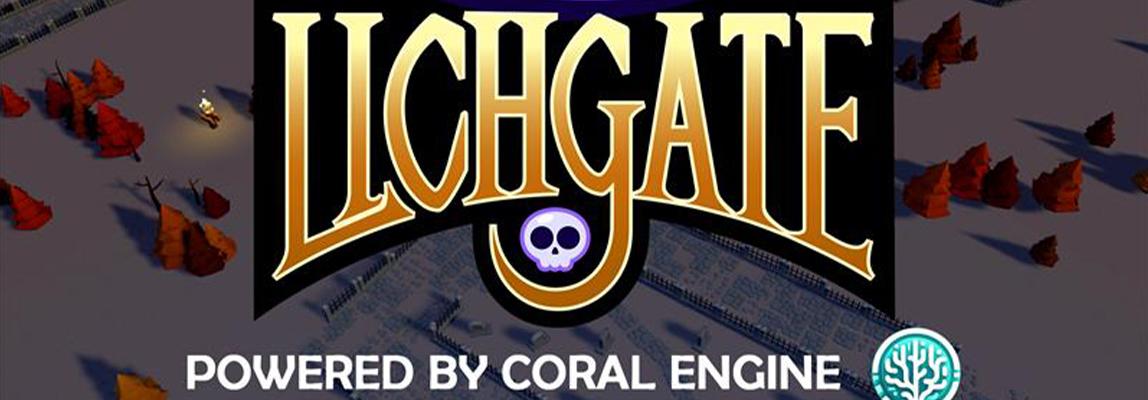
Building a custom game engine: Amzy Zarcu’s experience
03/17/2025 - 08:49
Amzy Amalia Zarcu is a third-year programming student at BUas, passionate about game development and engine programming. Her journey has been one of dedication, learning, and overcoming challenges. In this interview, she shares her experiences, from her first steps in programming to developing a custom game engine and working on the game Lichgate.